Should I supplement B12? My answer is straightforward: yes. This is probably true regardless of one’s dietary choices, but even more so if vegan or even just a part-time plant-based eater (flexitarian).
This article is required reading for all Vegan Meal Plans subscribers. I love you and I want to make sure you take good care of this critical aspect of your health.
I am not a dietitian or health professional and the content of this article does NOT constitute health advice. This information is provided for your convenience based on what I consider to be authoritative medical and scientific sources, to which I provide links. I encourage you to review all sources on your own. If you have any specific health concerns, please consult a plant-friendly physician or dietitian.
This post does NOT contain affiliate links. I recommend that you buy the B12 supplement you need at your local pharmacy or supermarket, supporting your local economy and people. I have no financial stake in those businesses, but we all benefit from vibrant neighborhoods.
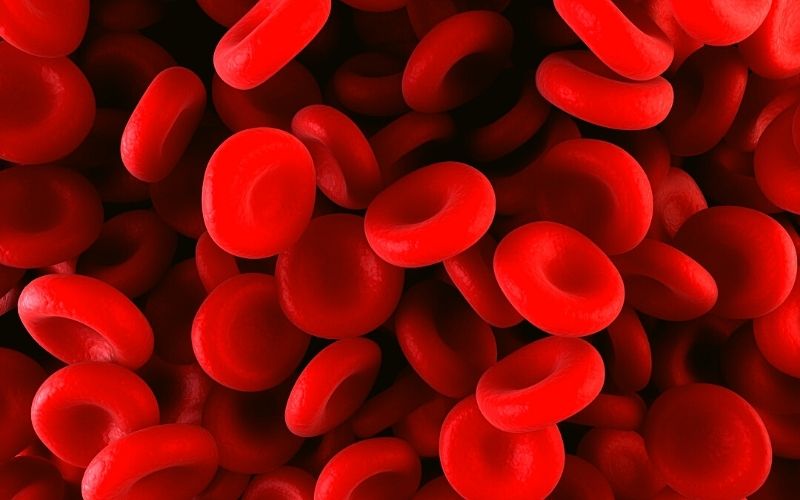
Why should I supplement B12 vitamin?
In my personal experience, many pharmacists and physicians are insufficiently aware of the risks of vitamin B12 deficiency and of the best practices in supplementation required to ensure long-term good health. Hence, your health professional may not be armed with the most recent peer-reviewed information on this topic, and they may even downplay the need for supplementation. Thankfully, authoritative plant-based nutrition sources such as Dr. Michael Greger of NutritionFacts.org are on top of this critical topic.
In his video about the symptoms of vitamin B12 deficiency, Dr. Greger is categorical: yes, eating a whole foods plant-based diet has great health benefits, but:
“Underestimating the risks of B12 deficiency nullifies the benefits of a vegetarian diet, or even a diet centered around plant foods but containing meat a few times a week.”
Vitamin B12 is essential to the formation of red blood cells, proper nerve function, and many, many other processes inside our bodies, some of which we may not understand fully. It is so integral to our health that deficiency can lead to a broad range of dire consequences. Dr. Greger mentions these issues based on his review of the literature:
“It can cause everything from abdominal distention and chronic diarrhea to shortness of breath and swollen red painful feet. It can also cause Parkinson’s syndrome-like symptoms, skin darkening that resolved with supplementation, and something I had never heard of before—bilateral useless hand syndrome.
The “many faces” of B12 deficiency include neurologic symptoms such as numbness and tingling in the hands and feet, muscle cramps, dizziness, cognitive disturbances, difficulty walking, erectile dysfunction, as well as fatigue and psychiatric symptoms like depression and even psychosis.”
In addition to these more spectacular symptoms, B12 deficiency over time is associated with a rise in homocysteine in the blood, an amino acid that, when elevated, leads to a hardening and thickening of artery walls. Thus, ironically, the heart-friendly whole foods plant-based diet can lead to poor arterial health and eventually a stroke if vitamin B12 supplementation is neglected.
There are no ifs and buts:
“Supplementation of vitamin B12 is required.”

Ok, you got my attention. But what is vitamin B12 and where does it come from?
Vitamin B12, also called cobalamin, is produced from cobalt by bacteria present in the soil and, among other places, in the guts of animals such as humans, cows, pigs, chicken, and fishes. The combination of modern, intensive agricultural practices and of an increase in hygiene at all levels of food production have meant that vitamin B12 is no longer available in sufficient amounts on our plates. Our guts are not producing enough to sustain B12’s many critical functions.
Some people argue that meat is a “natural” source of B12, but that’s an outdated view. Soil depletion means that farm animals also are at risk for B12 deficiency, which is why cobalt must be added to ruminants’ feed. B12 is also be injected to them. The routine use of antibiotics worsens the situation. These days, however, most chickens are raised on litter (tens of thousands of birds wing to wing standing in their own poop), apparently providing them with all the B12 they need… but also leading to fecal contamination of meat, to name only one problem.
As Dr. Greger says, “the more hygienic our meals, the less B12 we get.” He points out that hygiene is great, because we don’t get cholera outbreaks very often anymore. Vitamin B12, however, remains required for our health.

How much vitamin B12 should I take?
Here is Dr. Greger’s updated 2020 recommendation on vitamin B12 supplementation:
- Vegan, vegetarian, and flexitarian people: 2,000 mcg once per week or 50 mcg daily
- Children 6 months to 3 years of age: 5 mcg per day
- Children 4 to 10 years old: 25 mcg per day
- All adults over 65 years old: 1,000 mcg per day
- All pregnant and breastfeeding people: 50 mcg daily or 2 times 1,000 mcg weekly (slightly better absorption than a single 2,000 mcg weekly)
I encourage you to watch these two videos in full for more information on how Dr. Greger came to those recommendations:

What kind of vitamin B12 should I take?
After a thorough examination of the peer-reviewed studies comparing the benefits of cyanocobalamin and methycobalamin (and other “active” forms), Dr. Greger recommends cyanocobalamin (unless one suffers from kidney disease). Watch the full video with his reasoning: What is the best type of vitamin B12: cyanocobalamin or methylcobalamin?
What if I am still eat a bit of meat, fish, dairy, and eggs: should I supplement B12 anyway?
Yes. You don’t want to be one of the 33% of adults under 60 (or 51% of pregnant women) with deficient B12. The inconvenience and cost of supplementing B12 are outweighed by the catastrophic consequences of going without. I take the optimal dose and get on with my life.
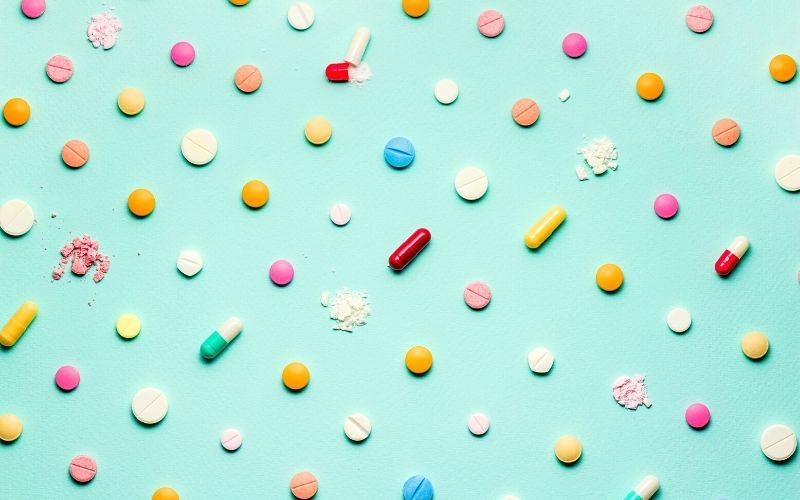
Can’t I just take a multivitamin that has B12 in it?
Vitamins and minerals contained in multivitamins may interfere with the absorption of each other. Dr. Greger recommends taking vitamin B12 as a stand-alone supplement, preferably on an empty stomach. He suggests chewable or sublingual types because the absorption is boosted when the vitamin is mixed with saliva.
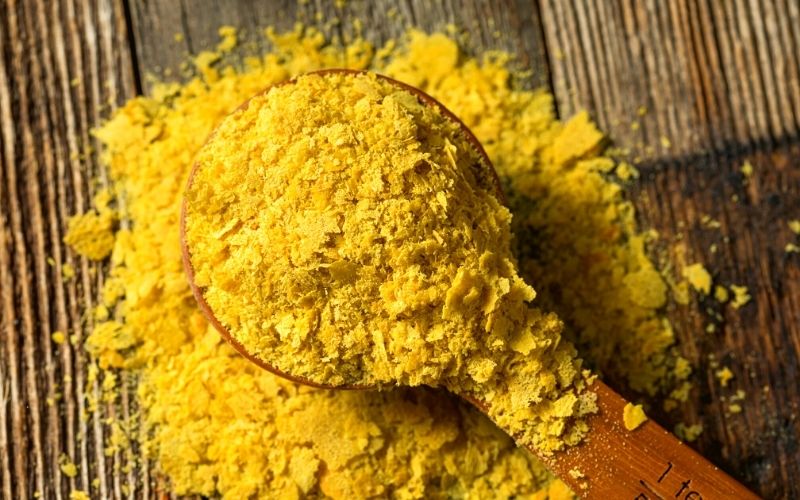
Should I supplement B12 if I eat fortified foods?
There are no unprocessed plant foods that contain sufficient B12 vitamin to meet our needs in a consistent, reliable manner. However, there are B12-fortified foods on the market including some (not all) plant milks, vegan meats, and nutritional yeast. Can you count on them for your B12 supply?
Dr. Greger does provide some guidance with regards to using fortified foods as a supply of B12 in his video about the healthiest food sources of vitamin B12. He also notes that three daily servings of B12-fortified foods, each representing 190% of the daily value, should supply sufficient B12.
Personally, I just find that too complicated, and inconsistent. Relying on fortified foods means reading labels and doing some math, and I avoid buying foods with labels to begin with. In addition, foods generally thought of as sources of B12, like nutritional yeast, wildly differ in B12 content from brand to brand.
I’ll just take one pill per week, thanks.
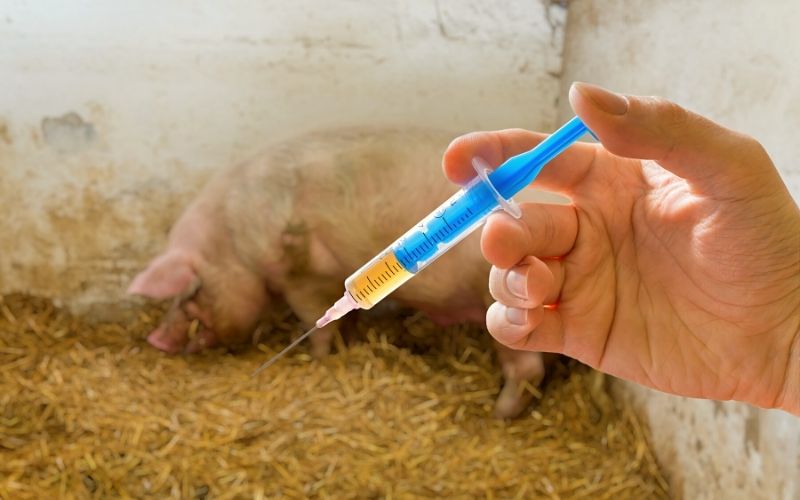
Isn’t it unnatural to take a pill? Wouldn’t it be more natural to eat meat and other animal products?
That one’s a question for the doctor… of sociology. (That’s me!) There isn’t very much that’s natural about our food supply, and eschewing B12 supplementation because of the apparent unnaturalness of it could mean putting your life and health at stake for a very imperfect idea.
Without even getting into the cruelty and environmental side effects of animal agriculture, we know that farm animals (heavily bred and selected by humans, not “nature”) are raised in conditions that are anything but natural. They get their own supply of cobalt or B12 from “unnatural” sources as well.
Stick with the pills, that’s my stance.
Is there a risk to taking too much? Are there downsides to B12 supplements?
Vitamin B12 is water-soluble. Any excess we have gets eliminated with urine. Overdosing is nothing to worry about.
A few studies have recently caused mild concern, linking high B12 levels to acne as well as osteoporosis, hip fractures, and lung cancer. It does seem that extreme doses of B12, which are typically used when trying to correct deficiency, may cause some skin eruptions. However the studies on more severe issues, as examined by Dr. Greger, are far from convincing, and may in fact show that high meat and dairy consumption are possibly the root cause of the correlations observed. Watch the videos linked above if curious.
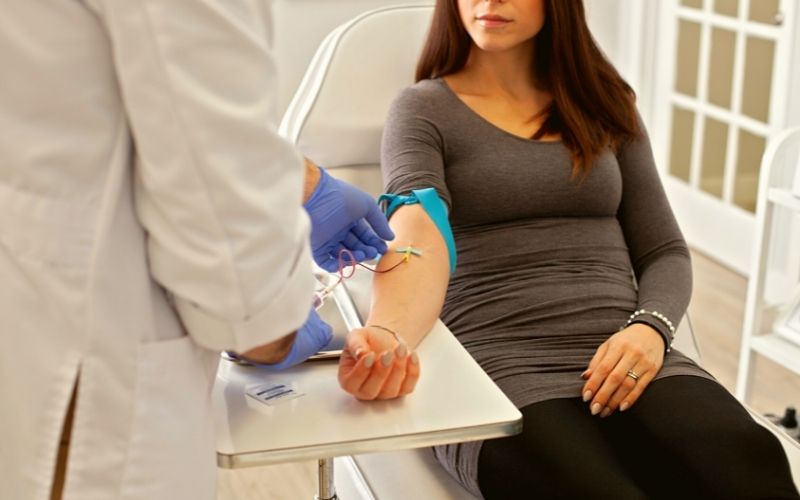
Should I get tested to check my B12 status?
Some health professionals suggest that even healthy vegans should get their vitamin and mineral status checked on a regular basis. But when was the last time a doctor told their healthy-looking meat-eating patient to get their folate and vitamin C status assessed?
I’m not a fan of unrequired testing.
Personally, as long as I am not experiencing symptoms of ill-health, and as long as I am taking adequate B12 supplements, I see no need to get my levels tested. Although he does not say it in so many words, this seems to echo Dr. Greger’s own stance.
If for any reason I start experiencing suspicious symptoms, I will definitely seek help from a plant-friendly physician – and I’ll make sure to discuss the content of this video on how to test for functional vitamin B12 deficiency with them. Even if one’s B12 status looks stellar, it doesn’t tell the whole story. Supplementing B12 is always worth it.
Are there other supplements I should take in addition to B12?
Vitamin B12 deficiency has pernicious and catastrophic consequences, which is why this article is required reading for all of my vegan meal planning clients.
There is, however, another supplement I do take on a daily basis and it is vitamin D3 (from a vegan source), because I live on the 49th parallel and very little sunshine gets directly onto my skin on a daily basis.
Aside from that, I make a concerted effort to eat a diet rich in omega-3 fatty acids from plant sources (in particular flax and chia seeds), which I occasionally supplement with a liquid algae-based DHA supplement.
I encourage everyone from WFPB aficionados to hard-core carnivores to research nutrition from broad, authoritative, and science-based sources before taking supplements.

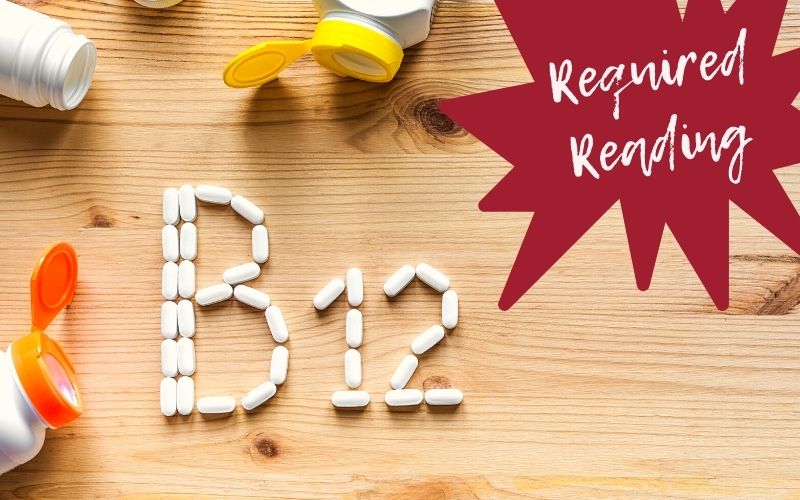
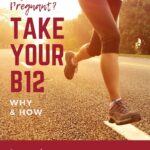


Great review and advice Brigitte!
Charlyn Black MD, ScD
Thanks for dropping by, Charlyn!
Thank you, I am going to get a B12 supplement for my family today after reading this!
If you were the only one who gave this a thought after reading this article, it would have been worth writing! Thank you.
Wow, excellent info, Brigitte. Thank you! I’m going to have to get my thinking cap on as to how I can get my elderly, vitamin-pill-averse parents to get enough B12 in them.
I recommend watching the nutritionfacts.org videos linked above with them, perhaps that will be of interest? I don’t typically think that a fear-driven approach is the best to encourage change, but personally knowing the severity of the potential consequences of a deficiency (and the risk of it being irreversible) prevents me from forgetting to take my weekly dose.